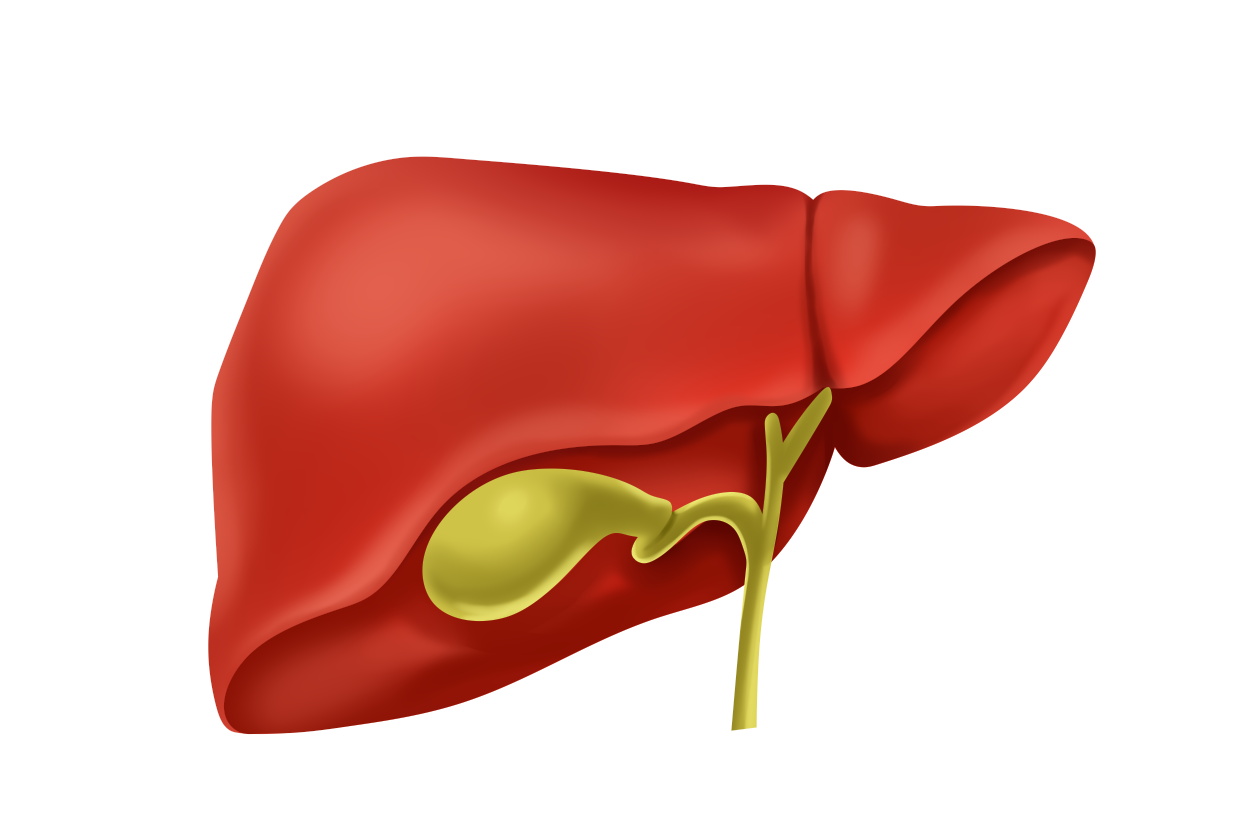What does an elevated ALT level indicate?
Generally speaking, elevated ALT refers to elevated alanine aminotransferase (ALT) levels. Elevated ALT may indicate intense physical activity, obesity, alcoholic liver disease, drug-induced hepatitis, or autoimmune hepatitis. If discomfort symptoms occur, it is recommended to seek timely medical consultation at a hospital and follow standardized treatment under a physician's guidance. Detailed explanations are as follows:

1. Intense Physical Activity
Intense exercise accelerates body metabolism, which can increase the burden on the liver and potentially cause the release of ALT into the bloodstream, resulting in elevated ALT levels. It is recommended to rest appropriately, avoid excessive exercise, and maintain a healthy diet and lifestyle.
2. Obesity
Obese individuals have higher body fat content. Excessive fat accumulation in the liver may lead to fatty liver disease, thereby affecting liver function and causing elevated ALT levels. It is recommended to control dietary intake, reduce consumption of high-calorie and high-fat foods, and increase physical activity to lose weight.
3. Alcoholic Liver Disease
Long-term heavy alcohol consumption may lead to alcoholic liver disease, including fatty liver and alcoholic hepatitis. These conditions can damage the liver and cause elevated ALT levels. Symptoms may typically include liver area pain, jaundice, and ascites. Medications such as glutathione tablets, silymarin capsules, and compound glycyrrhizin tablets may be used according to medical advice.
4. Drug-induced Hepatitis
Certain medications, such as anti-tuberculosis drugs and antibiotics, may produce toxic metabolites during liver metabolism that can damage liver cells, causing liver inflammation and necrosis, which leads to elevated ALT levels. Symptoms may include fever, rash, and discomfort in the liver area. It is recommended to use medications such as bicyclol tablets, hepatoprotective tablets, and tiopronin tablets under a physician's guidance.
5. Autoimmune Hepatitis
Autoimmune hepatitis is liver inflammation caused by an autoimmune response. The immune system mistakenly attacks liver cells as if they were foreign substances, causing liver cell damage and necrosis, which results in elevated ALT levels. Other symptoms may include fatigue, jaundice, and joint pain. Treatment options may include prednisone tablets, azathioprine tablets, and polyene phosphatidylcholine capsules, as advised by a physician.
It is recommended to develop good lifestyle habits, maintain a proper balance between work and rest, and avoid excessive fatigue to promote overall health.






